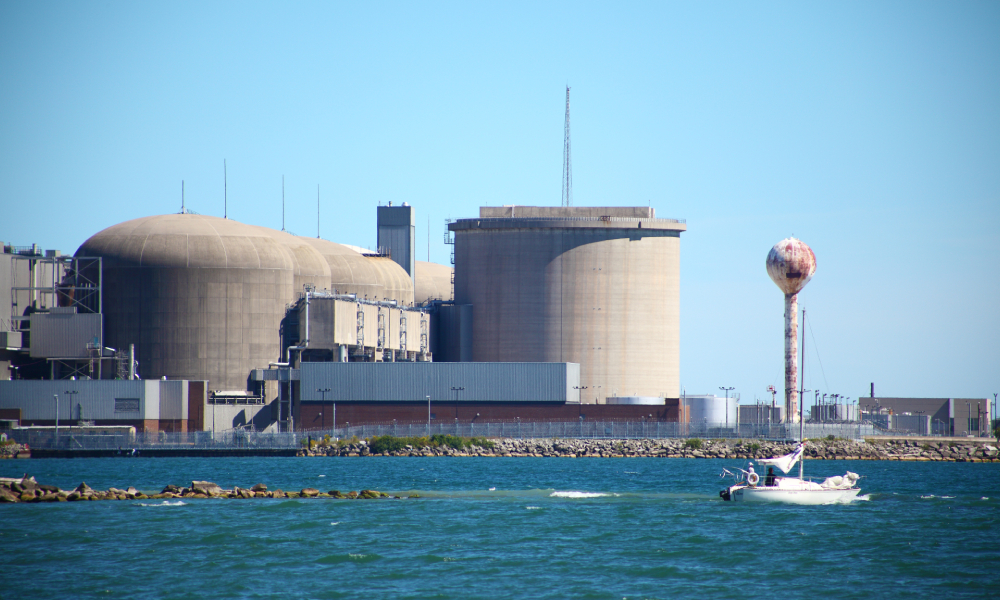Staff worked with ‘international and national experts to assemble the best and most recent scientific advice’

The Canadian Nuclear Safety Commission (CNSC) has updated the drug and alcohol testing requirements for high-security nuclear sites across Canada.
After several years of research, benchmarking and consultation, the changes will apply to sites such as nuclear power plants, used fuel management facilities and Chalk River Laboratories.
“We are proud to have been the first federal regulator in Canada to require pre-placement and random testing of alcohol and drug use for safety-critical positions,” says Rumina Velshi, president and CEO of the CNSC. “Our staff performed extensive research and worked with international and national experts to assemble the best and most recent scientific advice on which to base our latest requirements.”
Under the new rules, certified workers (excluding certified health physicists) and onsite nuclear response forces (NRF) members must undergo pre-placement, for reasonable grounds, for post-incident, followup and random drug and alcohol testing.
Meanwhile, nuclear security officers, designated non-NRF physicists, certified health physicists, and emergency response teams/fire brigade must go through for reasonable grounds, for post-incident and followup drug and alcohol testing only.
Those undergoing tests must provide urine or oral fluid samples depending on the type of test they will be put through.
Canada’s high-security nuclear licensees will need to create and put in place their own plans for drug and alcohol testing within 12 months.
During the first wave of the COVID-19 pandemic, more Canadians were using cannabis, according to a report from the Centre for Addiction and Mental Health (CAMH) released earlier this month.
That supported a Canadian Red Cross report in July 2020 that found that many Canadians who consume alcohol or cannabis are indulging more during the ongoing health crisis.
Under the CNSC’s requirements, nuclear workers who test positive would be removed from their safety-sensitive duties, undergo a substance abuse evaluation and could only return to safety-sensitive duties if they were found to be fit for duty.




